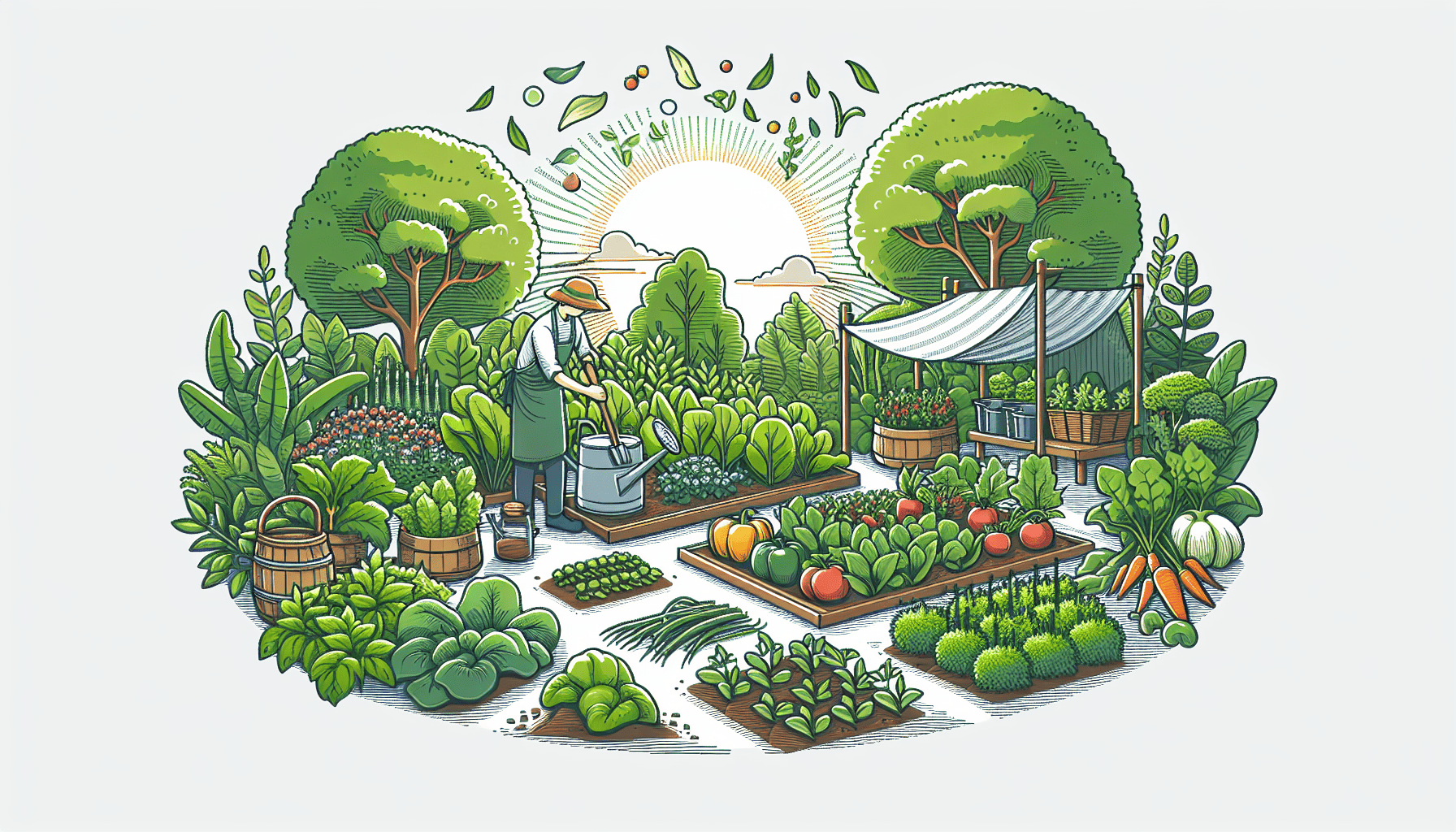In recent years, the catering industry has seen a pronounced shift towards sustainable and environmentally-friendly practices. This change is not only driven by the increasing awareness of ecological issues but also by a growing consumer demand for services that reflect their values. Catering businesses across the globe are now exploring innovative ways to reduce their environmental impact while still providing high-quality culinary experiences.
One of the primary ways catering companies are embracing sustainability is by sourcing their ingredients locally and seasonally. By choosing to work with local farmers and producers, caterers not only reduce the carbon footprint associated with long-distance food transportation but also support their local economies. Additionally, seasonal produce often requires fewer resources to grow and can offer superior taste and nutrition, enhancing the quality of the dishes served.
Reducing food waste is another critical focus in sustainable catering. Many caterers are adopting strategies to minimize waste by employing precise portion control, repurposing leftovers creatively, and donating excess food to local charities. Composting is also becoming increasingly popular as a means to handle food scraps and organic waste, transforming what would be wasted into valuable, nutrient-rich soil.
Sustainable catering also extends to the materials used in food service. Caterers are moving away from single-use plastics and opting for biodegradable or reusable alternatives. From cutlery and plates made of bamboo or palm leaves to compostable packaging, these eco-friendly options are becoming the norm. Implementing a return and reuse system for serving platters and containers is another step towards dramatically cutting down on waste.
Energy efficiency is yet another important aspect. Caterers are now investing in energy-efficient kitchen appliances and techniques to reduce their carbon emissions. Induction cooktops, energy-efficient ovens, and LED lighting are just a few examples of technology that can greatly lower a caterer's energy consumption.
Furthermore, many caterers are choosing to optimize their menus to include more plant-based options. A shift towards plant-centric menus not only meets the rising customer demand for vegetarian and vegan dishes but also reduces the environmental strain associated with meat production, which is known to have a significant carbon footprint.
Education and transparency also play vital roles in sustainable catering practices. By educating both staff and clients about the importance of sustainability and the steps being taken, caterers can foster a deeper understanding and appreciation for these efforts. Transparency regarding sourcing, waste management, and sustainable practices builds trust and encourages client support.
In conclusion, the commitment to environmentally-friendly practices within the catering industry is a multi-faceted approach that involves rethinking ingredient sourcing, waste management, material usage, energy consumption, and menu design. As caterers continue to innovate and integrate sustainable practices into their operations, they not only contribute to a healthier planet but also position themselves as leaders in a rapidly evolving industry landscape. By prioritizing sustainability, the catering sector is paving the way for a more eco-conscious future, one delicious dish at a time.
